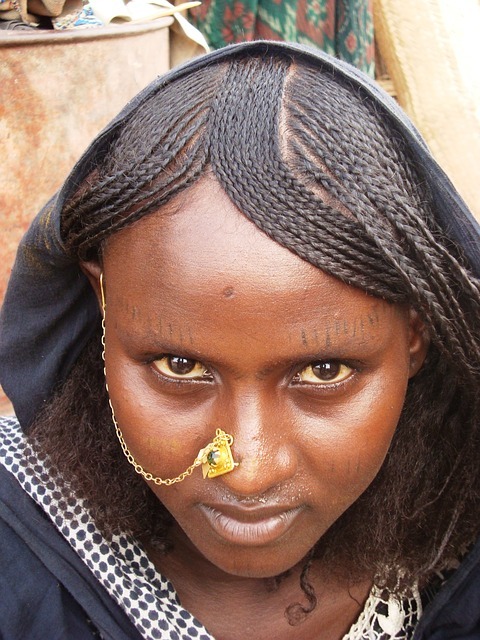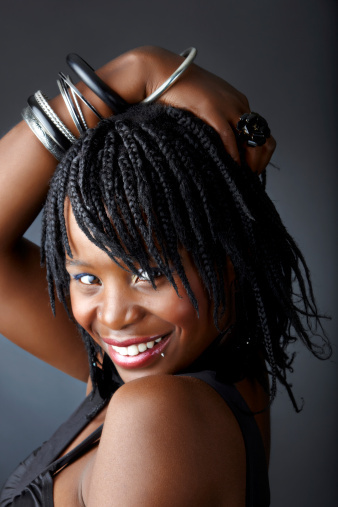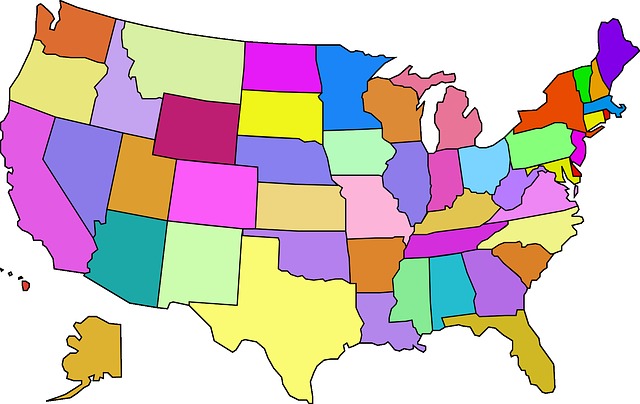In a tough economy, it can be difficult to create the right opportunities for finding employment or starting your own business. One solution attracting many people is providing African hair braiding services. According to the Bureau of Labor Statistics, this job has the potential to earn an average of $27,940 a year.
However, in many states, these entrepreneurs find themselves having to get a cosmetology license, even if they do not use any chemicals or provide any additional services. This is because the profession is continually placed in the same business category as hair stylists, barbers, and cosmetologists, even though they do not use the same products, offer the same services, or find training in the traditional beauty schools.
What is African Hair Braiding?
African hair braiding is an ancient practice dating as far back as 5,000 years that is once again becoming popular, especially as an alternative to chemically straightening hair.

Hair braiding is a traditional African hairstyle once again finding popularity in America
A practitioner creates intricate patterns of braids in the hair without the use of chemicals or scissors. There is no hair cutting or dye application, and if any hair extensions are used, they are naturally attached to the hair. Although some braiding services are offered in traditional salons, many people have chosen to offer these services elsewhere. Because it does not require expensive supplies or equipment, many people view it as a lucrative business opportunity in a difficult economy.
Do You Need a License?
The individual states have jurisdiction over the licensing requirements for cosmetology services, including African hair braiding. Therefore, you have to check with your state to know whether you need a license. Typically, the requirements for a license include around 1600 hours of cosmetology training at an accredited school and passing a state exam. Although this training is important for those pursuing regular cosmetology careers, those who wish to only provide natural braiding services view these requirements as a waste of time and money, especially as most schools do not include any braiding techniques in the curriculum.

Traditional cosmetology curriculum does not cover African hair braiding
Although most states have some sort of basic statement saying that if you provide services that use scissors or chemicals, you need a license, many licensing checkers are not familiar enough with natural braiding to recognize that it does not fall under these requirements. Therefore, inspectors will fine or shut down any practices that do not have a license. It is important to know that if you plan to provide any services beyond just braiding, including shampooing, dying, or cutting, then you will have to undergo traditional cosmetology training and obtain a license.
Where Can you Practice Hair Braiding Without a License?
According to Braiding Freedom, there are eleven states that do not license natural hair braiders. The other 39 states and the District of Columbia have some sort of license requirements, with the number of training hours ranging from six hours to over 2000. The Institute of Justice has brought several lawsuits to court to overturn the license requirements in these 39 states.

Every state has different license requirements, and some of these are changing
One notable case was on behalf of Salamata Sylla, who sued the state of Washington in June 2014, according to Watchdog.org. After her case, the state is putting into an action an older policy that exempts hair braiders from the licensing requirements. Texas has also recently passed a similar provision exempting natural braiding from license requirements. Currently, lawsuits are on the docket in Missouri and Arkansas, demonstrating a significant trend to stop the license requirements for African hair braiding. This could provide an opportunity for many people to offer these services without going to cosmetology school.
